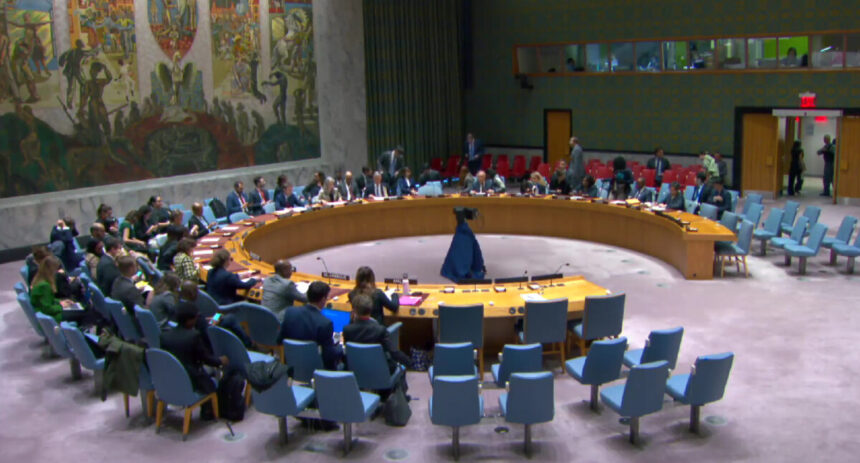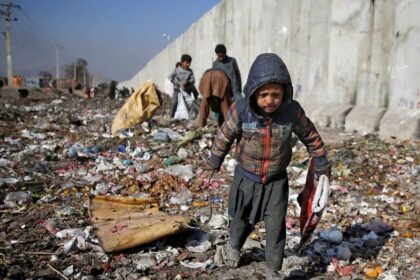RASC News Agency: A recent statement from the United Nations Security Council has unveiled divisions among its members regarding their stance on the Taliban’s new “Amr bil Maroof” (Propagation of Virtue and prevention of vice) law. The statement indicates that on August 21, the Council intended to issue a condemnation of this law, but opposition from two of its members derailed the effort.
The statement reveals that these two Security Council members classified the Taliban’s new law as an “internal matter of Afghanistan.” It further explains: “The proposed statement failed to gain approval, as two members questioned its relevance at this time. They argued that this law is an internal issue, that UNAMA is still evaluating its implications, and that previous Council statements have already addressed the challenges to women’s rights in the country.”
The Taliban’s new law, which includes a ban on women raising their voices outside the home, has ignited widespread domestic and international criticism. Afghanistani women protesters have forcefully demanded that the Taliban cease implementing this law, arguing that it will further deteriorate their already difficult lives. Despite the outcry, the Taliban have remained resolute in enforcing the law, though there have been instances where even they have breached its provisions.
Divergence Within the Security Council Regarding Afghanistan
The UN Security Council’s statement underscores that while its members generally share a common aspiration for a prosperous, peaceful Afghanistan one free from terrorism and governed by an inclusive state they differ significantly on the means to achieve this goal. According to the statement, certain Security Council members, including France, the United Kingdom, the United States, and their allied nations, contend that if the Taliban seek international recognition and access to economic and development assistance, they must comply with international standards.
The statement goes on to highlight that these countries advocate for sustained pressure on the Taliban, particularly concerning their policies and actions that violate the rights of women and girls. However, the statement also notes that China and Russia have argued that the international community should support Afghanistan without tying aid to other issues, such as human rights. Given this position, the statement suggests that China and Russia favor engaging with the Taliban without additional pressure. It also mentions that China has dispatched its ambassador to Kabul and, on January 30, became the first country to accept the diplomatic credentials of a Taliban representative. However, Beijing has emphasized that it does not officially recognize the Taliban regime as the legitimate government of Afghanistan.
The statement further highlights that Russia invited the Taliban to its economic forum in St. Petersburg, held from June 5 to 8, and is considering removing the Taliban from its list of banned terrorist organizations. The UN Security Council has announced that it will convene a meeting on Afghanistan on September 18. During this meeting, UNAMA’s representative, Rosa Otunbayeva, and Sima Sami Bahous, the head of UN Women, are expected to present their reports on the situation in Afghanistan. A civil society representative is also scheduled to speak. Additionally, closed-door discussions will be held during this session.






